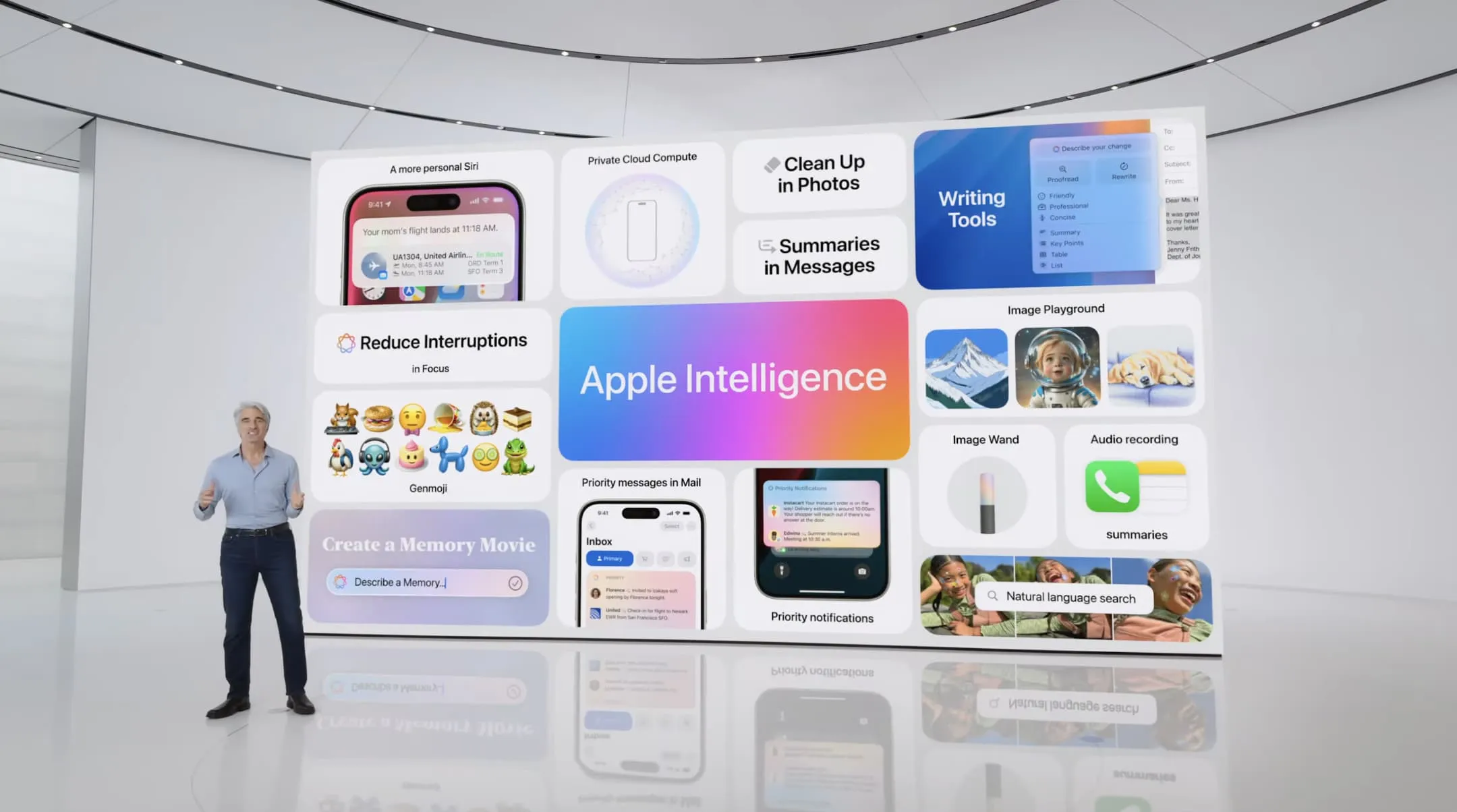Artificial intelligence promises to simplify our lives, to sift through the noise and deliver concise, relevant information. However, recent developments with Apple Intelligence’s notification summaries have exposed a critical flaw: the potential for AI to inadvertently create and spread misinformation. This isn’t just a minor glitch; it’s a serious issue that demands a more thoughtful solution than simply tweaking the user interface.
Several high-profile incidents, notably highlighted by the BBC, have brought this problem to the forefront. These incidents include AI-generated summaries that falsely reported a person’s death, fabricated the outcome of sporting events, and misattributed personal information to athletes. These aren’t just minor errors; they are instances of AI effectively fabricating news, with potentially damaging consequences.
Apple’s proposed solution – a UI update to “further clarify when the text being displayed is summarization” – feels like a band-aid on a much deeper wound. While transparency is important, it doesn’t address the core problem: the AI is generating inaccurate information. Simply telling users that the information is a summary doesn’t make the information any more accurate.
A more effective, albeit temporary, solution would be for Apple to disable AI-generated summaries for news applications by default. This approach acknowledges the unique nature of news consumption. Unlike a mis-summarized text message, which is easily corrected by reading the original message, news headlines often stand alone. People frequently scan headlines without reading the full article, making the accuracy of those headlines paramount.
Furthermore, news headlines are already summaries. Professional editors and journalists carefully craft headlines to encapsulate the essence of an article. For Apple Intelligence to then generate a “summary of the summary” is not only redundant but also introduces a significant risk of distortion and error. It’s akin to summarizing a haiku – the very act of summarizing destroys the carefully constructed meaning.
The BBC’s reporting highlighted that the problematic summaries often arose from the AI attempting to synthesize multiple news notifications into a single summary. While this feature is undoubtedly convenient, its potential for inaccuracy outweighs its benefits, especially when it comes to news. Temporarily sacrificing this aggregated view is a small price to pay for ensuring the accuracy of news alerts.
Apple has thus far successfully navigated the potential pitfalls of AI-generated images, a feat that has eluded many of its competitors. However, the issue of AI news summaries presents a new challenge. While continuous improvements to the underlying AI models are undoubtedly underway, a more immediate and decisive action is needed. Implementing an opt-in system for news app summaries would provide a crucial safeguard against the spread of misinformation. It empowers users to choose whether they want the convenience of AI summaries, while protecting those who rely on headlines for quick information updates.
This isn’t about stifling innovation; it’s about responsible implementation. Once the AI models have matured and proven their reliability, perhaps news app summaries can return as a default feature. But for now, prioritizing accuracy over convenience is the only responsible course of action.
Apple Reaffirms Commitment to User Privacy Amidst Siri Lawsuit Settlement
In a related development, Apple has publicly reaffirmed its commitment to user privacy, particularly concerning its voice assistant, Siri. This announcement comes on the heels of a $95 million settlement in a lawsuit alleging “unlawful and intentional recording” of Siri interactions.
In a press release, Apple emphasized its dedication to protecting user data and reiterated that its products are designed with privacy as a core principle. The company explicitly stated that it has never used Siri data to build marketing profiles or shared such data with advertisers.
Apple detailed how Siri prioritizes on-device processing whenever possible. This means that many requests, such as reading unread messages or providing suggestions through widgets, are handled directly on the user’s device without needing to be sent to Apple’s servers.
The company also clarified that audio recordings of user requests are not shared with Apple unless the user explicitly chooses to do so as feedback. When Siri does need to communicate with Apple’s servers, the requests are anonymized using a random identifier not linked to the user’s Apple Account. This process is designed to prevent tracking and identification of individual users. Audio recordings are deleted unless users choose to share them.
Apple extended these privacy practices to Apple Intelligence, emphasizing that most data processing occurs on-device. For tasks requiring larger models, Apple utilizes “Private Cloud Compute,” extending the privacy and security of the iPhone into the cloud.
The 2019 lawsuit that prompted the settlement alleged that Apple recorded Siri conversations without user consent and shared them with third-party services, potentially leading to targeted advertising. The suit centered on the “Hey Siri” feature, which requires the device to constantly listen for the activation command.
Despite maintaining its commitment to privacy and highlighting the numerous changes implemented over the years to enhance Siri’s privacy and security, Apple opted to settle the case. Details regarding how users can claim their share of the settlement are yet to be released. This situation underscores the ongoing tension between technological advancement and the imperative to protect user privacy in an increasingly data-driven world.
Source/Via






